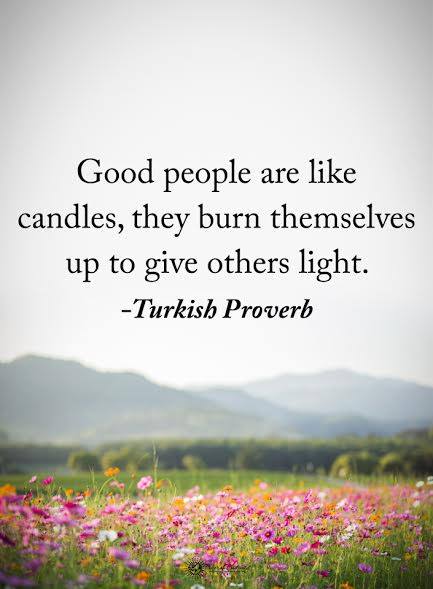At this point in your life, you probably know if you’re a sensitive person. The truth is that the majority of us are sensitive about something to varying degrees.
Different personality traits provide some insight into ‘sensitivity.’ For example, in her internationally bestselling book, The Highly Sensitive Person, Elaine Aron defines a population of individuals who possess an “increased sensitivity to stimulation,” and are “more aware of the subtleties and process information in a deeper, more reflecting way.”
Dr. Aron’s work was the byproduct of widespread misunderstanding of sensory processing sensitivity, or SPS for short. Above all others, this trait helps define a highly sensitive person. Aron and her colleagues discovered that about fifteen to twenty percent of the world’s population experiences high levels of SPS.
Before Dr. Aron’s groundbreaking work, researchers had repeatedly linked high SPS to adverse outcomes and personality disorders (PD). Aron debunked the PD theory using rigorous research. Other researchers soon followed her lead, attributing SPS to positive and negative experiences and outcomes.
A Deep Misunderstanding of Sensitive People
Dr. Aron wrote her book in 1996; over 20 years later, many parts of society continues to place a stigma on sensitive individual. They’re (incorrectly) labeled “weak,” “neurotic,” and “insecure.” The problem with this mislabeling is two-fold.
First, this mislabeling is categorically false. Some of the best and most potent leaders in history, Jesus, Buddha, Gandhi, Martin Luther King Jr., Mother Teresa, and others, were sensitive to many things and steadfastly remained committed to their ideals.
Second, this falsehood negatively affects the self-esteem and ability of many empaths – people our world desperately needs now more than ever.
This article aims to equip empaths with valuable strategies to overcome society’s ignorance and correct any self-realized deficiencies.
Without further delay, here are five self-care strategies for sensitive people:
“Some people are far more cognizant than others; but sensitivity has its own cross to bear and ample insight, in many cases, can bring on disquietude.” – Donna Lynn Hope
1. Don’t take things personally
If someone directs some incoherent rant your way, you may feel hurt. Here’s the deal: people who experience problems in life – and don’t know how to solve them constructively – often, consciously or not, take it out on others.
We see this with irritated co-workers, who seem mad at the world, quickly leaping at the opportunity to voice their irritation to someone else. They redirect their anger and frustration as a (counterproductive) coping mechanism.
Unless their anger is justified, e.g., they’re your boss, and you made a critical mistake, there is no reason to carry this emotional burden. Mindfully take ten deep breaths, relax your body, and continue.
2. Make the right choices
You may think, “Gee, ‘make the right choices,’ thanks. Great advice.” Please hear me out.
I’m dropping the writing formalities here.
As a sensitive person, perhaps you have allowed anxiety or sensitivity to supersede your judgment. It is easy to do this. High cognitive and emotional sensitivity can obstruct the decision-making process – this impediment can be detrimental.
So, try to make the best choices by using your logic and disabling your sensitive side for a bit. You’ll be much more satisfied and less stressed as a result.
3. Treat yourself well
The ironic thing about some sensitive people is that they’re unkind to themselves. They’ll treat everyone else as the center of the Universe, but they’ll neglect self-care. The pattern of overthinking can explain part of this conundrum.
As mentioned during the introduction, sensitive people are susceptible to sensory overload. This overload manifests into a pattern of overanalyzing things. This leaves empaths and other sensitives vulnerable to exhaustion, depression, and intense anxiety.
What can work for most people: exercise, focusing on work (see #5), supplements, a good diet, meditation, and beta blockers (relieves hypertension).
Remember, we need you. But we also need the best version of you. Please treat yourself well.
4. Remember your worth
As mentioned, the world desperately needs sensitive people. This is not some feel-good motivational talk but the absolute truth. Remember the five names we mentioned during the intro? These people changed the world – and you can do too.
Wars, poverty, disease, death, climate change, nuclearization, tyranny…yeah, it’s fair to say we need sensitive, confident people to stick up for what’s right.
We’ve mentioned his name many times – a couple of times in this article. But if you need motivation, read about Mahatma Gandhi’s life and what he accomplished. You, too, can be significant.
5. Find your purpose if you haven’t
In addition to remembering what you’ve achieved, another great way to boost your spirits is to find your passion or purpose.
Sensitive people are more prone to negative feelings and even mental health problems.
Throw yourself into something that you love doing. The transformation that takes place when doing something that you love is magical. Think of an upset baby whose mood changes instantly when given a toy. Seriously, this is what it feels like.
It is even better to connect your passion or purpose with your work.
And remember … again … we need you!














 Community
Community

